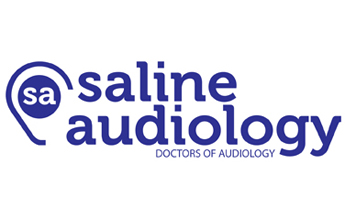Hearing Loss and Chemotheraphy
When you are diagnosed with cancer, the primary focus of your treating physician is identifying which chemotherapy medications will yield the best possible results — as it should be. However, beyond surviving the cancer, quality of life after treatment should also be considered.
 Oregon Health & Science University researchers tested the hearing in 67 patients, ages eight months to 23 years following their chemotherapy and found 61 of them had hearing loss.” It is important to report any changes in hearing ability while receiving treatment or after completion, as chemotherapy puts you at risk for an ototoxic reaction. Ototoxicity occurs when your inner ear is damaged due to exposure to chemicals or medication, and results in hearing loss and sometimes tinnitus (chronic ringing in the ears). Hearing aids have been proven effective in treating both hearing loss and tinnitus caused by ototoxicity, but of course, prevention is always better than a cure.
Oregon Health & Science University researchers tested the hearing in 67 patients, ages eight months to 23 years following their chemotherapy and found 61 of them had hearing loss.” It is important to report any changes in hearing ability while receiving treatment or after completion, as chemotherapy puts you at risk for an ototoxic reaction. Ototoxicity occurs when your inner ear is damaged due to exposure to chemicals or medication, and results in hearing loss and sometimes tinnitus (chronic ringing in the ears). Hearing aids have been proven effective in treating both hearing loss and tinnitus caused by ototoxicity, but of course, prevention is always better than a cure.
Chemotherapy from the “platinum” group of medications, such as cisplatin or high doses of carboplatin, is a well-known cause of post-treatment hearing damage. Cisplatin is often used to treat the following cancers in adults:
- Ovarian
- Lung
- Bladder
- Head/neck
So what can be done to reduce your risk of hearing loss due to chemotherapy? When advocating for yourself during your treatment, ask your physician to work with an audiologist to monitor your hearing during and after chemotherapy, and if necessary consult on alternative treatment options. The dosage of known ototoxic drugs may be adjusted to minimize side effects, based on your age and specific needs concerning your overall care. Finally, if there is no avoiding ototoxicity, the hearing care professional can determine your exact hearing loss and recommend the best possible hearing aids to compensate.
Audiology Online 4-4-14
Leave a reply